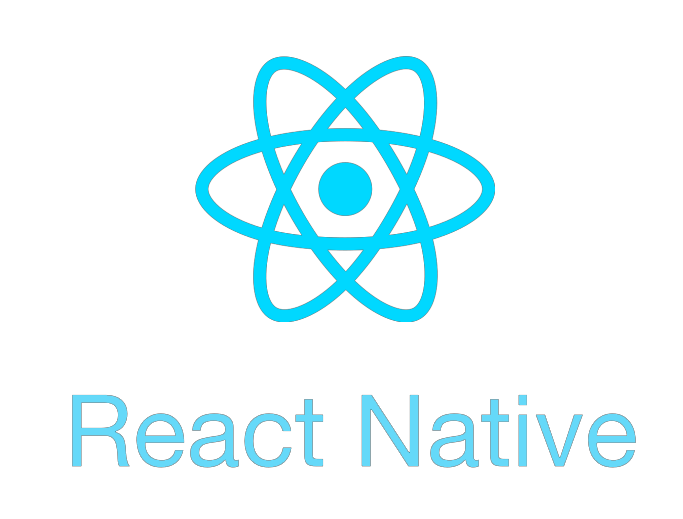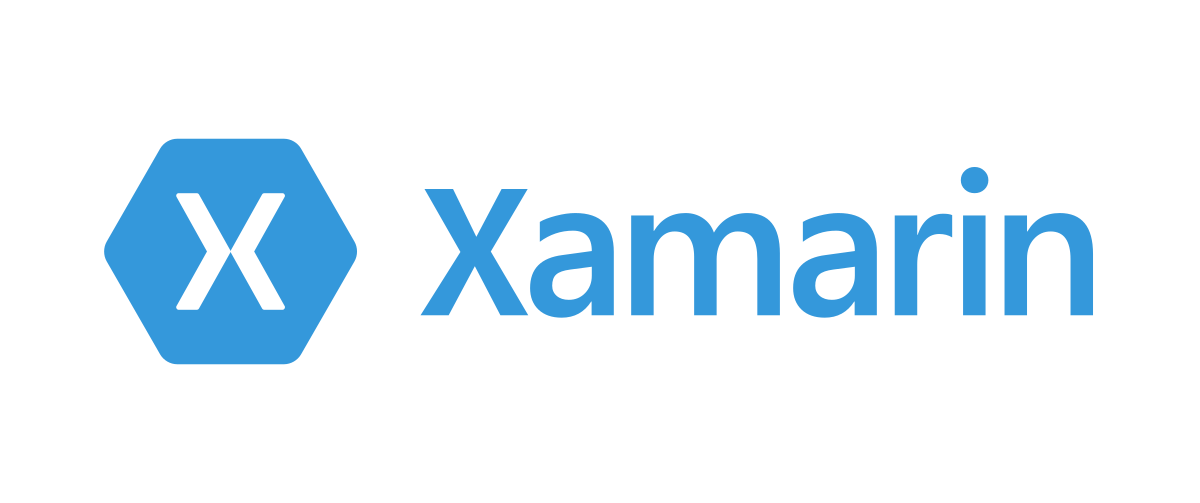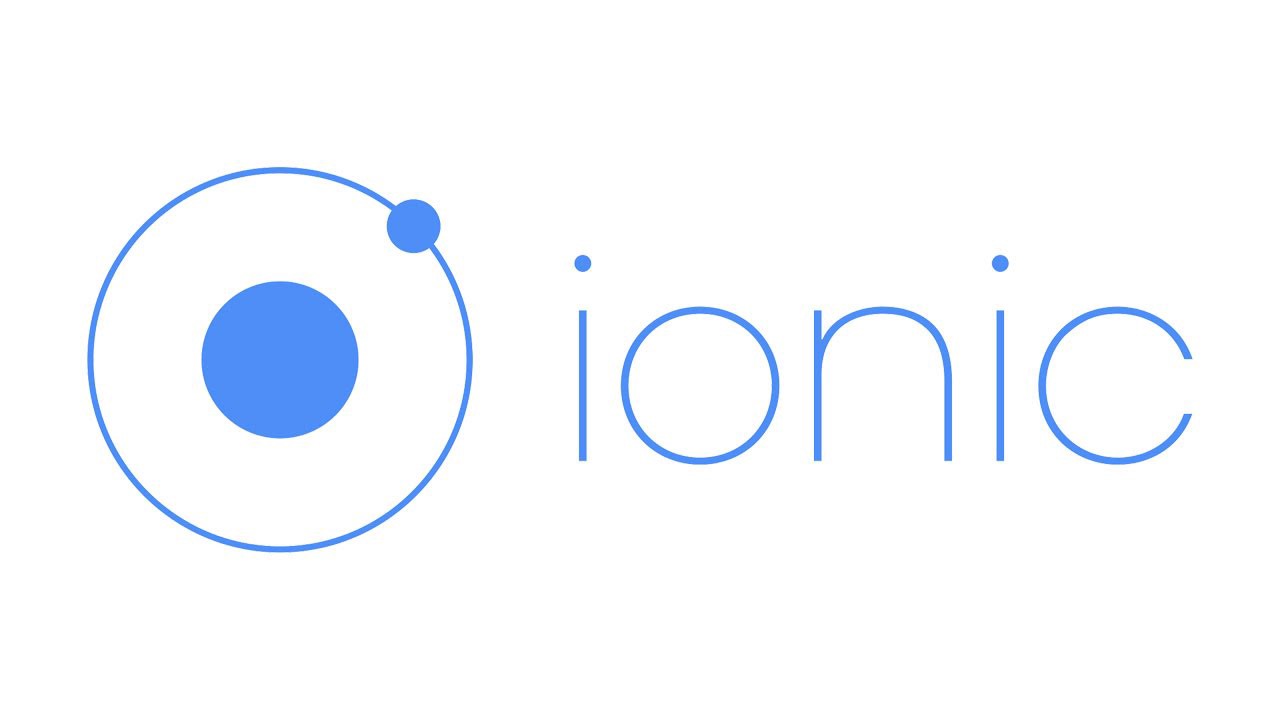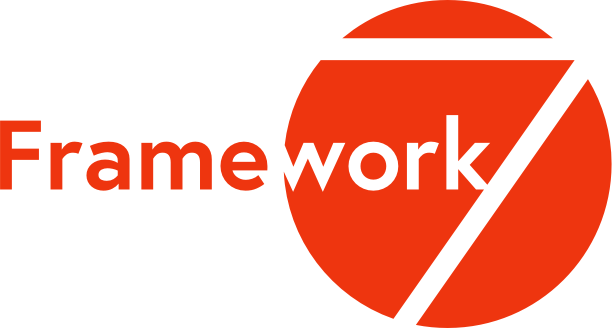
Top Mobile App Development Frameworks 2025
Having a mobile presence has become imperative for business survival and it is an important necessity that is seen in human behaviour worldwide. Mobility is transforming industries globally and mobile-first companies are capturing the imagination of the ever-increasing market share of mobile users.
But just penetrating the mobile market will not make that great impact and does not necessarily translate into success for a business. To succeed in a highly competitive market, it takes in-depth research, strategy building, extensive planning, and assessing the current mobile ecosystem for enterprises with existing mobile apps or new mobile applications.
In terms of aesthetics and functionality, Native apps offer unmatched experience, but it is costly to build and maintain. The diversity of devices and platforms make it challenging for Native apps to make maximum user penetration. So what is the solution? Well, the answer is you can create web, hybrid, or cross-platform mobile apps for businesses by leveraging mobile app development frameworks and keeping budget constraints.
Modern mobile app development framework comes with many in-built advantages, such as a quick development process, efficiency, full-proof environment, etc. For the desired platform, the framework renders the app with the developer’s code using pre-built components, like compilers, debuggers, toolsets, coding interfaces, etc.
As per reports by App Annie State of Mobile 2025, generation Z, millennials, and Baby Boomers spend 16%, 18% and 30% more time year-on-year on their favorite apps. Post pandemic, the mobile adoption rate witnessed a boom in 2020 advancing by 2-3 years in just 12 months. For the first time, mobile time spent surpassed TV. The average American spent 3.7 hours watching TV a day and spent 4 hours a day on their mobile device in 2020.
Statista’s report explains as 2025 dawned upon us, the global mobile users crossed the 7 billion mark. In the new realm, digital transformation has achieved new heights and greater significance. For functionality and performance, the users have exceptionally high standards. A mobile app successfully translates into adapting digital content to deliver seamlessly across various screen sizes and a broad range of devices confining Android and iOS platforms.
Getting a reliable mobile app development company or hiring a mobile app developer or outsource mobile app development or freelance can enable a business to build responsive, fast and exceptional user experience mobile apps. Using a mobile app development framework makes the process efficient and fast.
Top mobile app development frameworks in 2025
1. React Native

React Native is an open-source, cross-platform app development framework which is maintained by Facebook. It has become the developer’s top choice in a short span of time. It helps develop Android and iOS mobile apps seamlessly. Top brands such as Tesla, Airbnb, and Amazon Prime are the best examples of React Native apps. The reason behind the universal popularity of React Native is faster development and deployment. Other notable features of React Native are reusable components, third party integration with plugin and component-based GUI development for front-end applications. Hire a React Native developer and choose the right framework for your upcoming project.
React Native features
- Impeccable performance
- Reusable components
- Integration with third-party plugins
2. Flutter

Develop Native Android and iOS apps using a single codebase through Flutter. It is Google’s open-source framework. For cross-platform app development, it is a revolutionary SDK and stands out as it uses a unique approach for delivering apps with a Native-like look and feel. It is a highly reliable and unmatched mobile UI framework for creating stunning apps and it quickly speeds up the development process. Flutter framework includes widgets, render engine, testing and API integration tools that help develop aesthetically pleasing apps. Some prominent market players who developed their apps using flutter include Google, Alibaba, and Abbey Road Studios.
Flutter features
- Faster Development
- Cross-platform
- Attractive and Interactive visuals
- Native like performance
3. Xamarin

Xamarin is a Microsoft -owned open-source framework used for developing Native and high-performance Android, iOS, macOS, tvOS, and watchOS apps. It leverages .NET and C# programming languages. The framework empowers businesses to provide native performance and unique user experience to end-users. An abstraction layer controls the communication between the underlying platform code and shared code in Xamarin. The framework allows developers to build ecosystems with APIs, backend, components, etc. using libraries, tools and programming languages to support active communities. Learn the difference between React Native and Xamarin and choose the best accordingly.
Xamarin features
- Rapid Development
- Native look and feel
- Compatible with various
4. Ionic

Ionic is built with Apache Cordova and Angular and is an open-source framework. It allows developers to build Android and iOS apps for seamless mobile performance. The framework helps developers build robust and feature-rich native applications. The most significant advantage of Ionic is it allows developers to use several UI elements, such as filters, forms, views, navigation menus, and action sheets in the application design. Ionic helps developers build progressive web apps (PWAs), hybrid and cross-platform mobile applications.
Ionic features
- Cross-platform app development
- Uniform UI
- Optimized Performance
- User adaptability
5. Apache Cordova

It is a leading mobile app development framework and is developer-friendly. Previously known as PhoneGap it is a cross-platform app development framework that uses CSS3, HTML5, and JavaScript to build mobile apps. Cordova plugins allow developers to access device hardware capabilities such as GPS, Camera, and accelerometer to deliver a Native-like app experience. The notable feature of Apache Cordova is a faster development process with a single codebase and third-party app management tool.
Apache Cordova features
- Single codebase
- Faster development process
- Third-party tools for app management
6. jQuery mobile

It is a hybrid mobile app development framework that helps build platform-independent apps for users. The framework uses JavaScript library and HTM
L to build responsive websites to work on various devices such as smartphones, tablets, and desktops. To offer highly customizable themes for mobile and web apps, jQuery takes advantage of HTML and JavaScript libraries. There are two versions of jQuery mobile, one is a customizable framework, and the other is a stable version.
JQuery features
- Compatible with mobile app development frameworks like Phonegap
- Lightweight in size
- Simple and extensive API support
7. Sencha Ext JS

It is another JavaScript framework used to build both mobile and web applications. It is suitable for data-intensive applications and is mostly the go-to mobile app development framework to build enterprise applications. It has more than a hundred pre-integrated UI components in the framework.
Some of the high performing UI components it offers are D3 adapter, treed, HTML5 calendar, grids, etc. It also have a flexible layout system which significantly aids information management across various browsers, screen sizes and devices.
Features of Sencha Ext JS
- Build to work with a sizeable amount of data
- Have hundreds of user extensions
- Excellent visual component support
8. Framework7

It is an open-source framework which is very easy to learn and use. It allows developers to build Android, iOS, and desktop apps which give native-like look and feel. Framework7 uses popular web technologies like HTML5, JavaScript and CSS3. It provides additional support for Vue.js, React and Svelte. Another striking feature of Framework7 is stunning UI elements which include features such as action sheet, list view, pop-up, side panels, layout grid and more. It makes the development process easy, convenient, and fast.
Features of Framework7
- Icons, plugins, and templates rich ecosystem
- Also makes a great prototyping tool
- Easy to customize and maintain
Final words
We have chosen the above discussed mobile app development frameworks after much deliberation and research. 2025 brings newer frameworks and disrupts the industry. If you are planning to develop a mobile app, consider these options in your next business app.